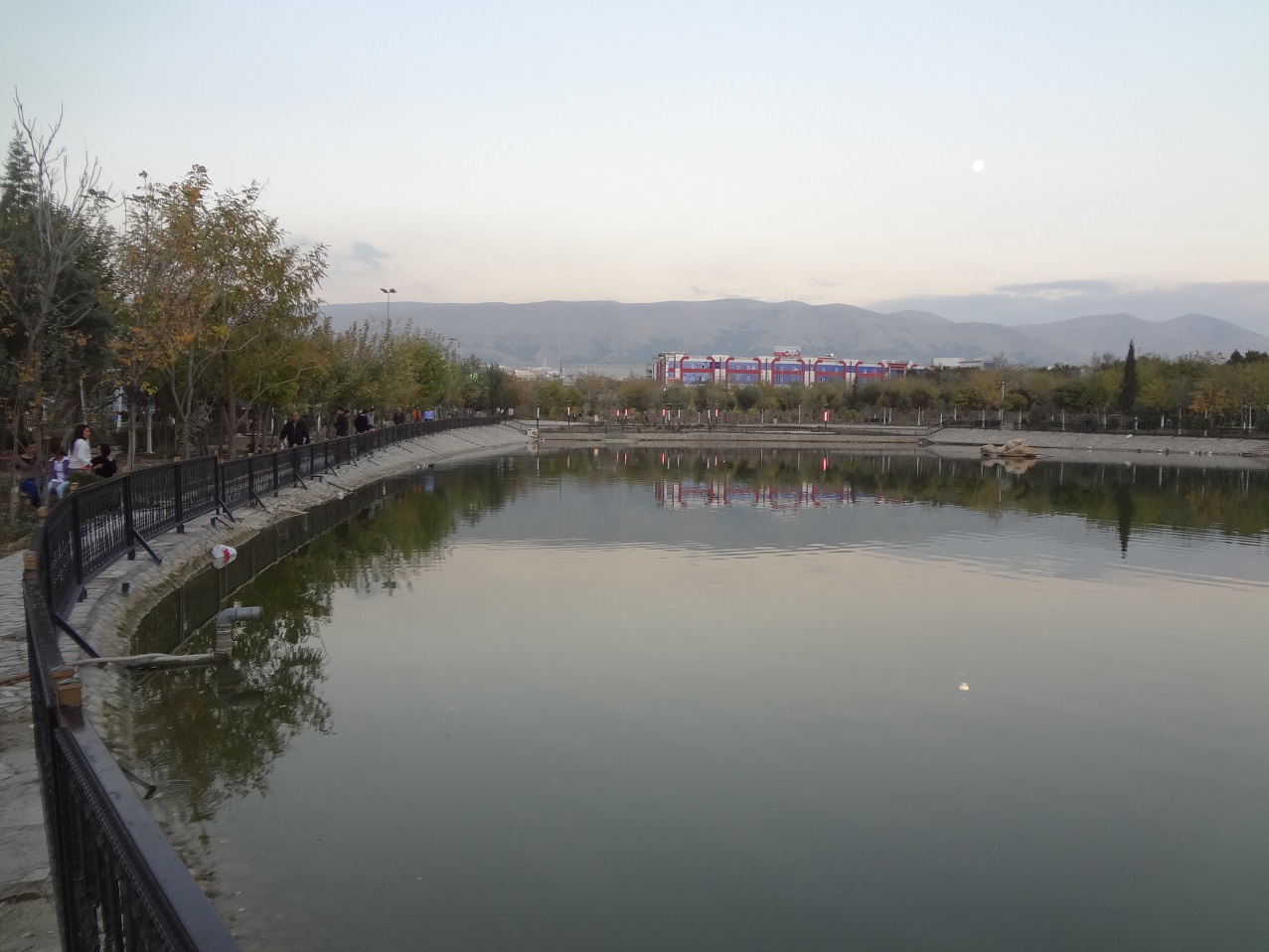For a Muslim society, the attitude here towards alcohol is extremely relaxed and reflects this city's liberalness. In fact there are no laws here at all regarding the sale of alcohol and the ONLY restriction is that it cannot be sold to under 18 year olds (though even this is uncertain). This includes no laws relating to drinking and driving, though there is some talk of introducing some restrictions on that front. However this just applies to this province - in Hawler and Duhok provinces, the situation is much more restrictive.

In reality the use of alcohol is self regulating. Social and official functions (eg weddings, birthdays, openings, formal dinners) never involve alcohol and most families would not allow alcohol in the house. Only very upmarket restaurants and hotels would serve drinks, and pubs as we know them don't exists. There are bars and night clubs but they are not inviting and generally the reserve of very hardened drinkers. During Ramadan most bottle stores close down voluntarily or are very circumspect about the sale of alcohol.
Drinking is done very discreetly or in cars up on Azmar Mountain on a Friday night. Having said all that while most people don't drink, they don't really disapprove of it either. A religious bookseller has his shop next to a bottle shop and his only comment is that 'this is Slemani'.
Consequently drunk people in public are extremely rare, though you do see the occasional alcoholic. I have never seen a drunk woman. However the liberal laws do attract Iranianz to the city as alcohol is completely banned in Iran and also visitors from other parts of Iraq where the laws are not so liberal.
One aspect of Muslim society that is very appealing is the streets are free of loud and aggressive drunks who happy one minute and looking for a fight the next. It makes for a much safer city.
As a tax free country, alcohol is very cheap - a good brand of whiskey will cost just $15, though wine is expensive in comparison, but Kurds are not big wine drinkers, preferring beer and spirits.
And you will notice from the photo that the chippy stand and the soft drink cabinet is well outside the shop and the contents easily pilfered, but that never happens.












.jpg)



